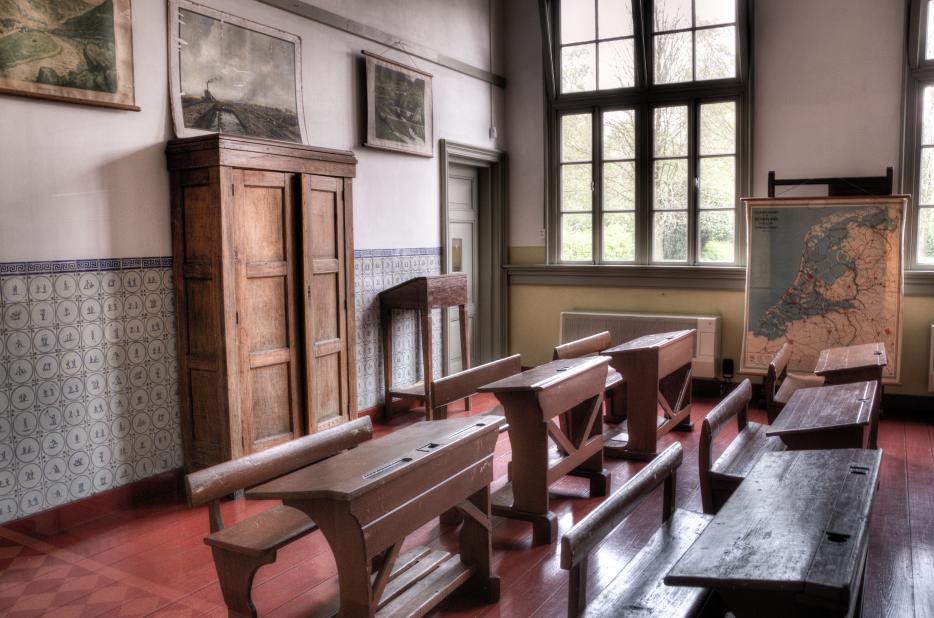
Boarding or day school?
Think of boarding school and you might picture boys in top hats and tails or alternatively, younger readers might imagine Harry Potter and Hogwarts. Neither is true of boarding today. Boarding schools in the 21st century are friendly, warm places with excellent pastoral care. So, if you’re considering an independent education, how do you decide on whether boarding or day school is best for you and your child?
The choice depends very much on your lifestyle. Boarding school is an excellent option if you live overseas or travel a lot for work. Even if you don’t but you work long
hours, which means you’re rarely on hand for dinner or bedtime and struggle to find time to ferry your children to extra-curricular dance classes, sports matches or orchestra practice, boarding school can be a sensible option. This means when your child does come home for weekends and holidays, you can put aside quality time to
spend together (and no arguing about homework). Modern schools are flexible with entries at the age of 8, 11, 13 or 16 and you can choose from full-time (with most weekends at school), weekly (with weekends at home) or flexi boarding (which can be anything from 10 boarding nights a year to four a week).
Inevitably, when deciding between boarding or day school, cost is an issue. Due to their residential nature, boarding schools are more expensive, with fees typically twice that of day schools. According to the 2019 census from the Independent Schools Council, the average fee for boarding is £11,565 a term compared to £4,763 for day school. But before you discount boarding as too expensive, do the maths. Calculate how much you spend on after-school clubs and extra-curricular lessons. It may be that boarding school – with its full-time childcare and timetables packed with activities plus extensive grounds in which to do them – is actually more economical. Children who are particularly sporty or those who want to focus on interests such as drama or music, will thrive on the round-the-clock opportunities a boarding school can provide.
Whilst your child should be at the centre of the decision, be honest about your own needs, and that of your family. If you want close supervision of your child, to keep an eye on their homework and learning journey, and want frequent contact with the school and its teachers, day school is preferable. However, communication with modern boarding schools allows you to be in touch with the academic and pastoral staff and most schools use a parent portal with academic progress visible. There is close communication and boarding schools encourage parent participation in school events.
Day school is convenient, and doesn’t impact too much on family life, allowing siblings to grow up closely together. However, competition for good day schools is
fierce, especially in London, and you may find you don’t get a place at your preferred local option and have to travel, with families often going in opposite directions. A long and tiring twice-daily commute across town might negate any of the benefits of staying close to home.
Boarding schools today report a lot of ‘first time buyers’ – parents who never had the boarding experience themselves – which makes it difficult for them to envisage what it will be like. Most boarding schools offer some form of taster day or night, usually the year before entry, to give your child a feel for the school and allow you to ask any questions.
Choosing boarding or day school is a personal decision, which depends on a variety of factors including your lifestyle, budget and family situation. Careful consideration of the pros and cons of both will allow you to come to the right decision for you and your child.

